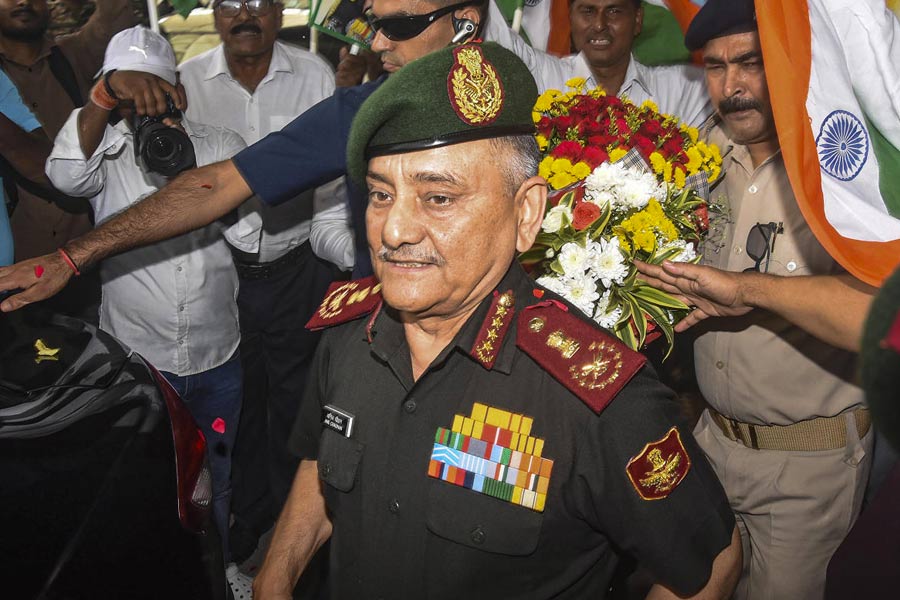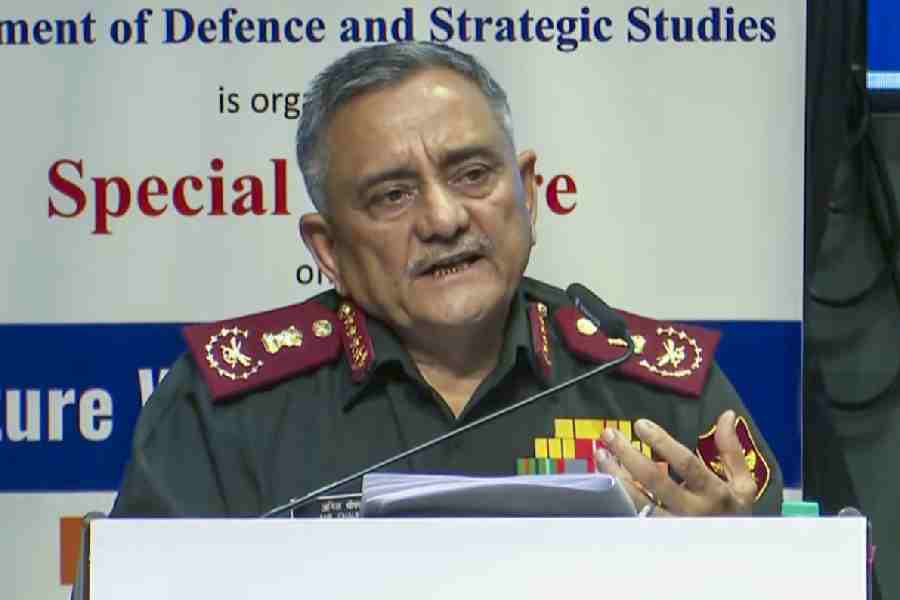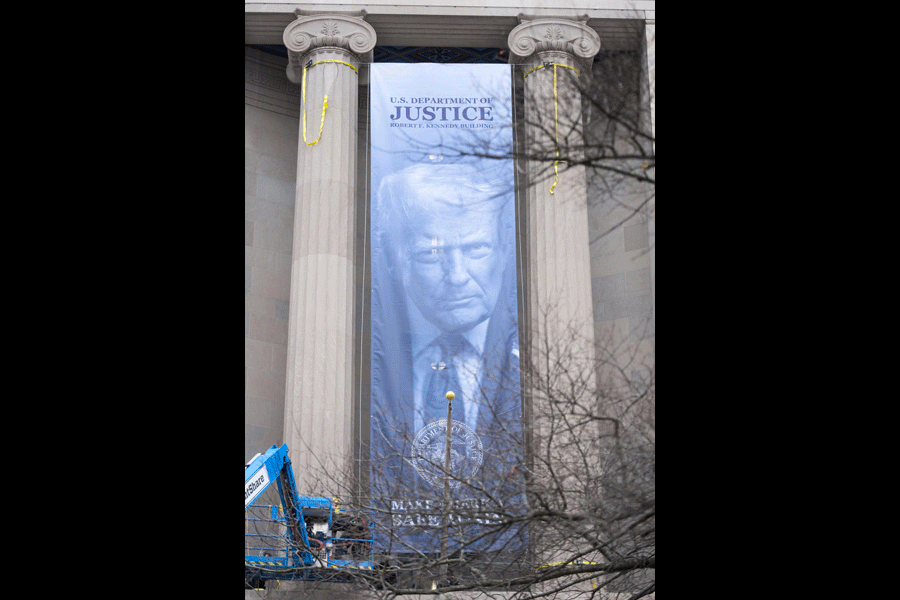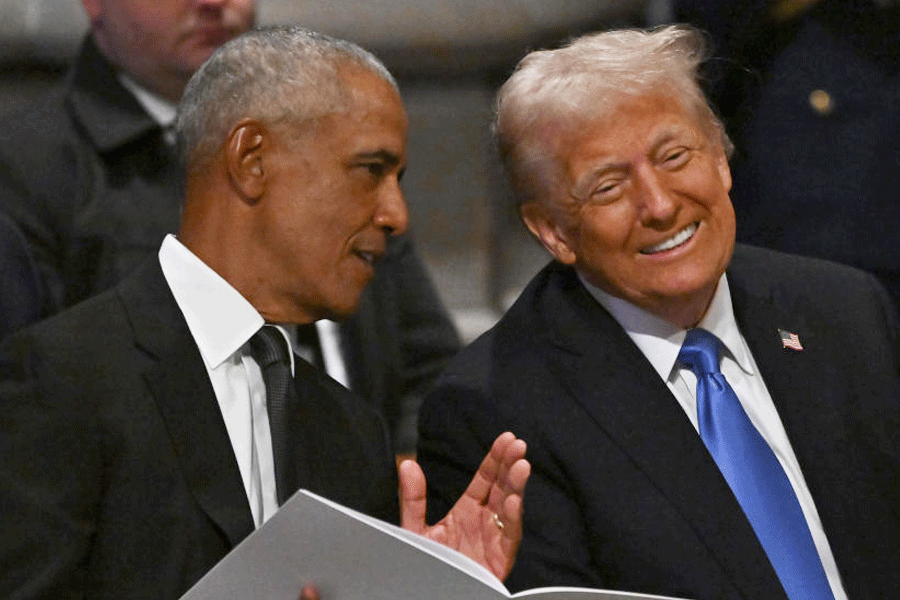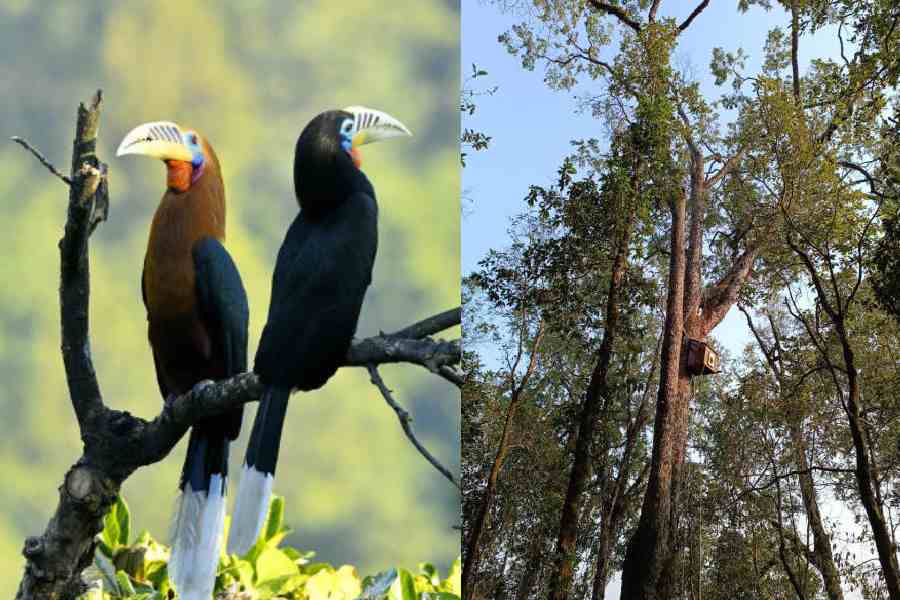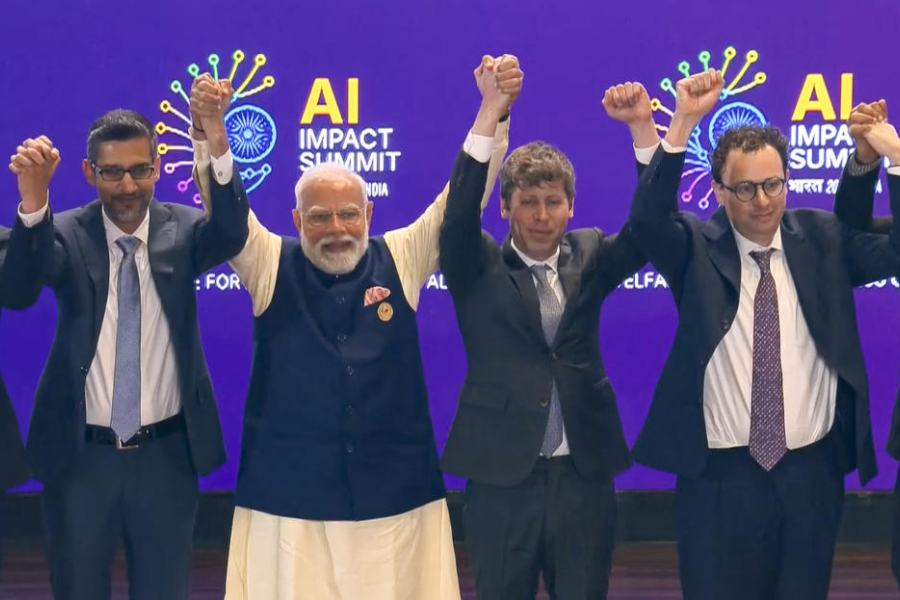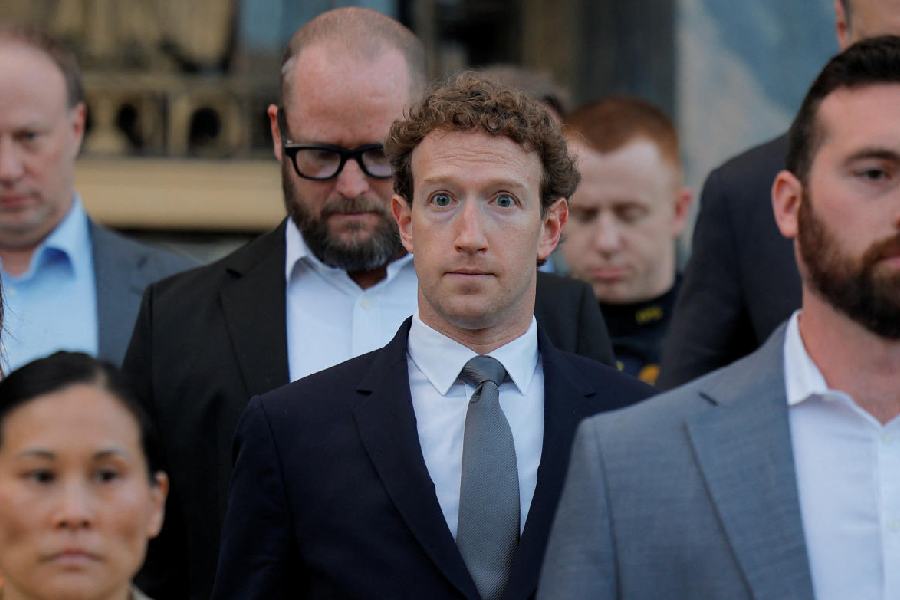Chief of Defence Staff Gen Anil Chauhan's tenure has been extended up to May next year, the defence ministry announced days before the end of his current stint.
Gen Chauhan, 64, has been serving as the Chief of Defence Staff (CDS) as well as secretary helming the department of military affairs since September 30, 2022.
The Appointments Committee of the Cabinet (ACC) on Wednesday approved the extension of service of Gen Chauhan as Chief of Defence Staff who shall also function as secretary in the department of military affairs, up to May 30, 2026, or until further orders, the ministry said.
While the age-limit for the three service chiefs is 62 years or three years of service, whichever is earlier, the age limit for the CDS is 65 years with no fixed tenure defined.
As per existing norms, the government may extend the services of the Chief of Defence Staff for a maximum of 65 years.
Gen Chauhan's current stint as the top military officer was scheduled to end on September 30.
He played a key role in ensuring tri-services synergy during Operation Sindoor.
Since becoming the CDS, he has also been focusing on enhancing jointness among the Army, the Navy and the Air Force.
Gen Chauhan assumed charge of the CDS, more than nine months after the post fell vacant following the death of Gen Bipin Rawat in a helicopter crash.
He had retired from service in May 2021 in the rank of Lt General, but assumed the rank of the four-star General after taking charge as India's second Chief of Defence Staff.
Gen Chauhan was the Director General of Military Operations (DGMO) when Indian fighter jets pounded a Jaish-e-Mohammad terrorist training camp deep inside Pakistan's Balakot in February 2019. He was known to have provided key inputs for the operation.
Born on May 18, 1961, Gen Chauhan was commissioned into the 11 Gorkha Rifles of the Indian Army in 1981.
In his distinguished career, Gen Chauhan held several command, staff and instrumental appointments and had extensive experience in counter-insurgency operations in Jammu and Kashmir and North-East India.
The officer is an alumnus of the National Defence Academy, Khadakwasla and Indian Military Academy, Dehradun.
In the rank of Maj General, the officer had commanded an Infantry Division in the critical Baramulla sector in the Northern Command.
Later, he commanded a corps in the North-East and subsequently went to become the General Officer Commanding-in-Chief of the Eastern Command.
Gen Chauhan was awarded with Param Vishisht Seva Medal, Uttam Yudh Seva Medal, Ati Vishisht Seva Medal, Sena Medal and Vishisht Seva Medal for his exemplary services to the Indian Army.
'Air Force use would've slowed Chinese offensive in 1962 war'
Chief of Defence Staff General Anil Chauhan has said the use of the Air Force during the 1962 Sino-Indian war could have “slowed the Chinese offensive considerably, if not stymied it completely.” He noted that while it was then seen as “escalatory,” this is no longer the case, citing Operation Sindoor as proof.
In a video message played at the release of Lt Gen S P P Thorat’s revised autobiography Reveille to Retreat in Pune, Gen Chauhan argued the forward policy “should not have been applied uniformly to Ladakh and NEFA,” as the two regions had “different histories of the dispute, a different security context and entirely different terrain.”
He added, “In Ladakh, China had already occupied much of Indian territory, whereas in NEFA, the legitimacy of India’s claim was stronger. To equate the two and pursue identical policies was, in my view, a bit flawed.”
Gen Chauhan suggested Lt Gen Thorat considered using the Air Force, but the government did not allow it. “They would have had a significant advantage… shorter turnaround times, favourable geography and maximum payloads on the enemy. This would have given the Army much more time to prepare.”
Calling Thorat’s autobiography “not simply an autobiography, but a reflection on leadership, strategy and service,” the CDS said it offers lessons that remain relevant today.
He also recalled Thorat’s decorated career across Waziristan, Burma, Kohima, Imphal, Korea, and his recognition with the Distinguished Service Order, Ashoka Chakra Class II (Kirti Chakra), and Padma Bhushan.

